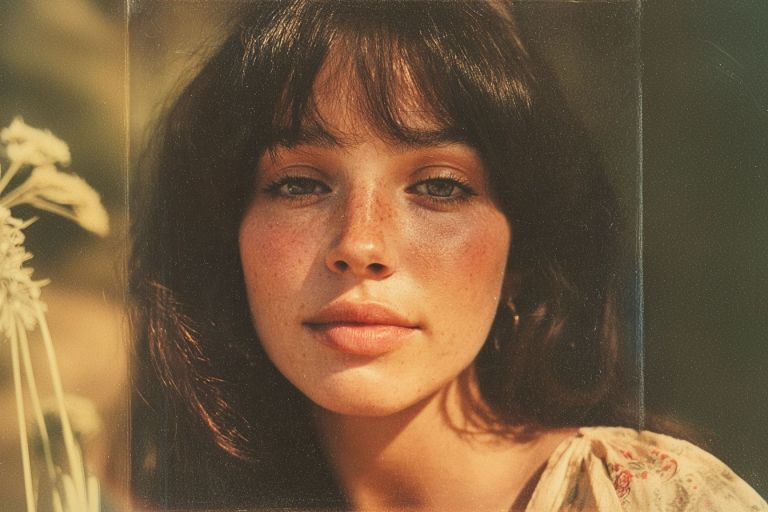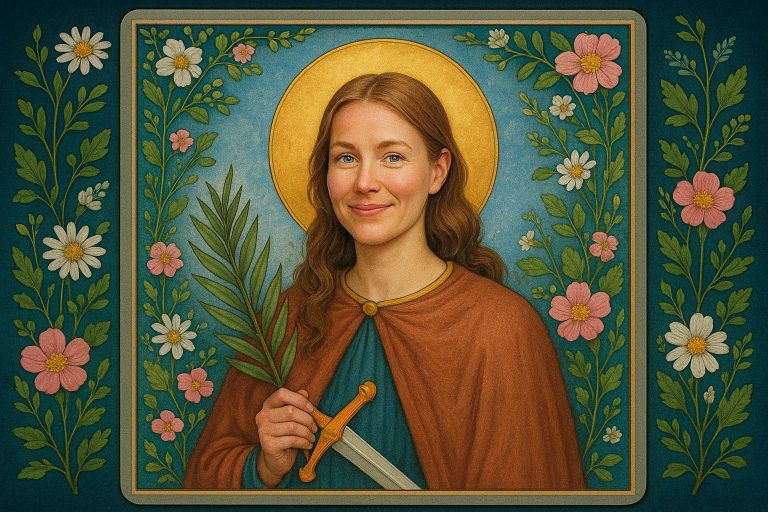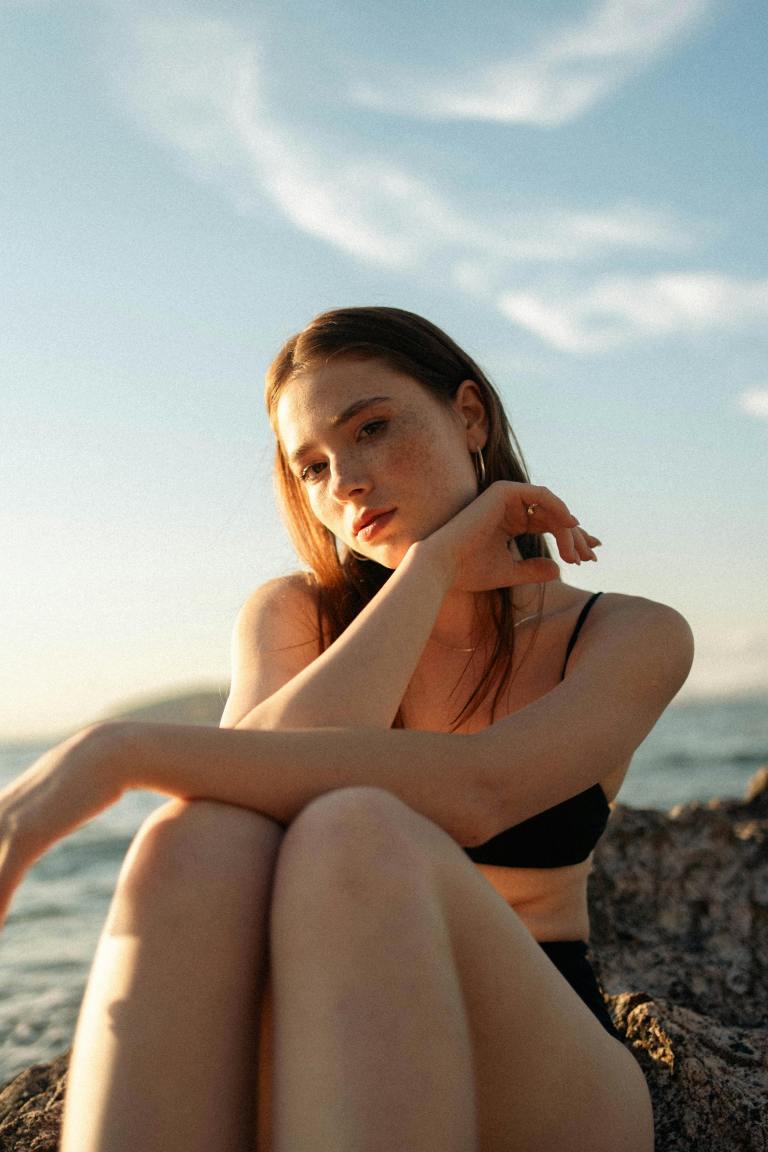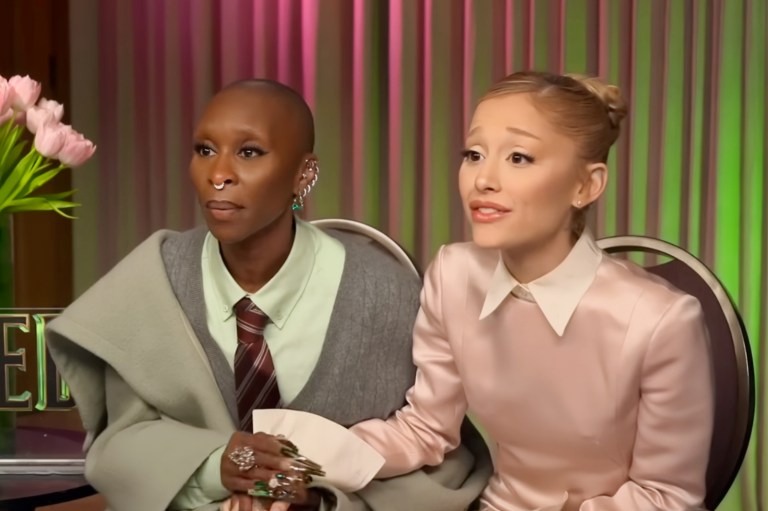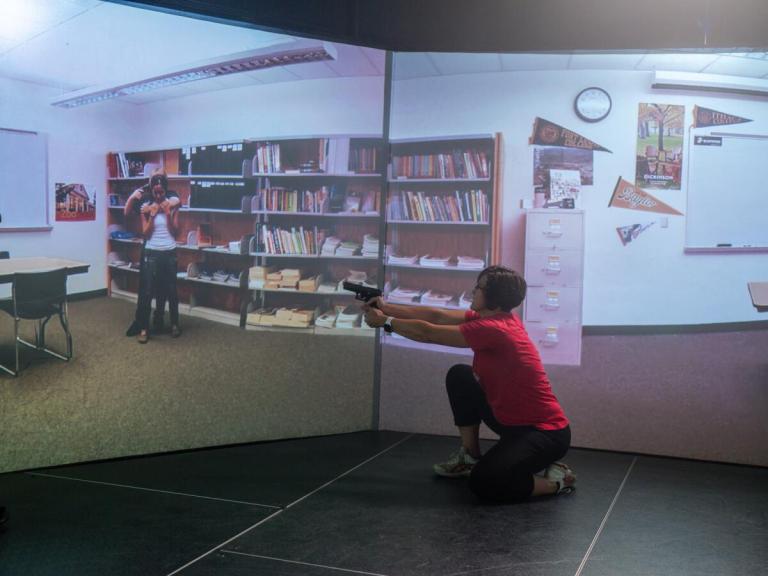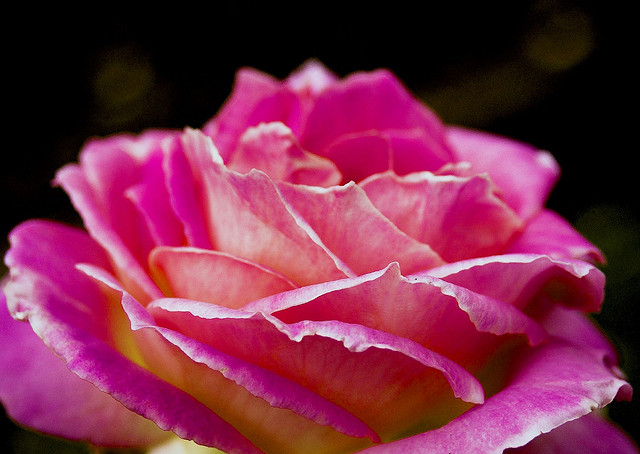
What Is Beautiful?
Can everyone be beautiful? And if everyone is beautiful, then is anyone really beautiful?
Beauty, is said to be in the eye of the beholder. Or at least that’s what many of us were told as children. But eventually we grow up and aren’t quite as naïve as to believe that perspective is what the world abides by. In the humanities and social sciences, it is widely accepted that beauty is socially constructed according to time and space. In the sciences, it is argued that certain features are biologically more aesthetically pleasing than others across time and space. We are constantly confronted with beauty – what it is and what it’s supposed to be, whether we are or aren’t, and who it benefits and disadvantages. Can everyone be beautiful? And if everyone is beautiful, then is anyone really beautiful? And why do we care so much?
In the first place, does beauty exist in reality? Or are things beautiful only because we – the collective we – say they are? Let’s apply this to nature. There are some places on this earth that are breathtaking to be in – mountains, desserts, oceans, etc. And when we are in these places, we have an overwhelming sense that we are confronted by beauty. But is it a natural, biological sensation or is the sensation a product of the information that we have received since birth; that these sites are supposed to beautiful, and thus our biology is responding to what we have been told? And must we take one side or the other? Can the beauty of our surroundings be part nature and part social conditioning?
When I really think about it, and I’m not referring to my everyday rhetoric because I am guilty of saying unkind things about people’s appearances; but when I really think about it, can anyone be ugly? From a religious perspective, it’s a very uncomfortable position for me to say, “Yes” to that question. Because if people are made in the image and likeness of God, then they cannot be ugly. Yet we live in a fallen world so the consequence is that ugliness is a part of our human experience. But does that include people? I would like to say no because that seems like the right thing to say. Yet it seems a bit hypocritical to say no, because I do find some things and people less attractive than others. And as someone who often finds both conventional and countercultural things and people beautiful, and sometimes not so beautiful, I cannot completely render everything I experience with beauty to a social construction.
The problem with saying beauty is not completely a social construction, however, is that there are those who benefit, and there are those who are disadvantaged because of it. And it’s not solely a matter of proportions and features as proponents of the “beauty is natural” perspective would like to claim. It is also a matter of race, class, and nationality and the “isms” that often go with those conversations. I am not any more comfortable with the idea that certain peoples are more “naturally” beautiful than others, because there is a complicated and oftentimes prejudicial history that is attached to that conversation.
I think beauty creates comparison in the first place – whether by natural means or social conversation. We can talk about what is beautiful only because we can talk about what is ugly. The problem with comparison is that it creates competition, and I say this as a person who has often been told that one of my best strengths is being competitive. But the problem with competition is there are winners and losers; and in the competition of beauty, it’s very much the same – there are winners and losers, whether we define our beauty perspectives naturally or socially or by a hybrid of the two. But I think that whether one is on the losing or winning side, there is always an emotional, mental, physical, and sometimes literal price to pay.
One of my friends who is a “man of science,” who I often get into beauty debates with, always taunts me by asking, “But aren’t you happy to be considered beautiful rather than the alternative?” And the truth is yes, I would rather be considered beautiful than the alternative. But as someone who spent a good part of my adolescent years being considered the alternative, I wouldn’t wish that experience on anyone. As someone who is in a category of people both by race and culture, who often receive the short end of the stick on beauty rhetoric, I would rather the social conversation be more inclusive. And as I often tell my friend, the mere fact he considers me beautiful but others may consider me “alright” or even “ugly,” shows that beauty is never totally objective or totally a social conversation or totally in the eye of the beholder. Beauty is all these things, maybe even at all times. And maybe what is best about beauty is also what is worst about it – it is full of helpful and hurtful contradictions.
Beauty is complex and multifaceted. But the great shame about how we talk about beauty is that we often see it only in terms of the physical – that which meets the eye. But I think when most of us “feel” most beautiful, is when we’re confident, when we’re happy, when we’re doing something that is kind and compassionate and loving; something that doesn’t necessarily have to do with our appearance. At the end of the day, it’s not anyone else’s responsibility to make you feel beautiful; it’s yours. And despite all the science, all the social constructions, all the rhetoric, all the marketing, all the magazines, I think feeling beautiful comes down to believing that the whole is greater than the sum of its parts; that you – all of you – is much greater than any imperfections that you may have. And that’s something beautiful that we can all work on. ![]()
